Night of the Following Day, The (1969)
“This guy is not responsible. He’s crazy; he’s psycho.”
|
Synopsis: |
|
Genres, Themes, Actors, and Directors:
Response to Peary’s Review: Peary notes that “after a couple of sloppy scenes” (I’m not sure what he’s referring to), “you’ll worry that the entire film is going to be a mess, but you are swiftly drawn into the cleverly plotted story and become intrigued with the offbeat characters.” He argues that “director-co-writer Hubert Cornfield does quite well on a slim budget,” using “a series of two-character scenes to build tension”: … allowing “the pent-up violence to explode in a burst of deadly gunfire,” and capping “it off with an exciting scene.” I’m essentially in agreement with Peary’s review of this non-essential but reasonably well-crafted caper flick, which features a truly menacing Richard Boone (some of his lines will cause you to gasp): … and an authentically vulnerable Rita Moreno as a drug-addicted, highly insecure woman who becomes increasingly paranoid as the film progresses: SPOILERS Peary concludes his review by noting that “viewers will have mixed reactions to the ending, a horror-movie cliche,” but I view the “flashback” structure as simply a representation of Franklin’s final thoughts as she dies: she is reflecting back on the moments when she met the undercover criminals who would change (and ultimately end) her life. Notable Performances, Qualities, and Moments: Must See? Links: |
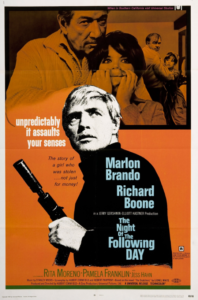
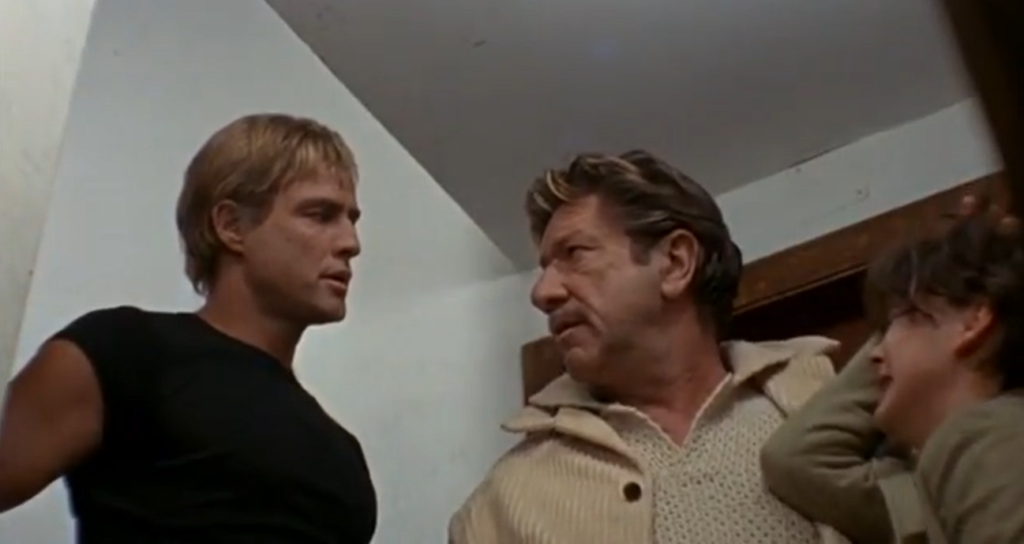
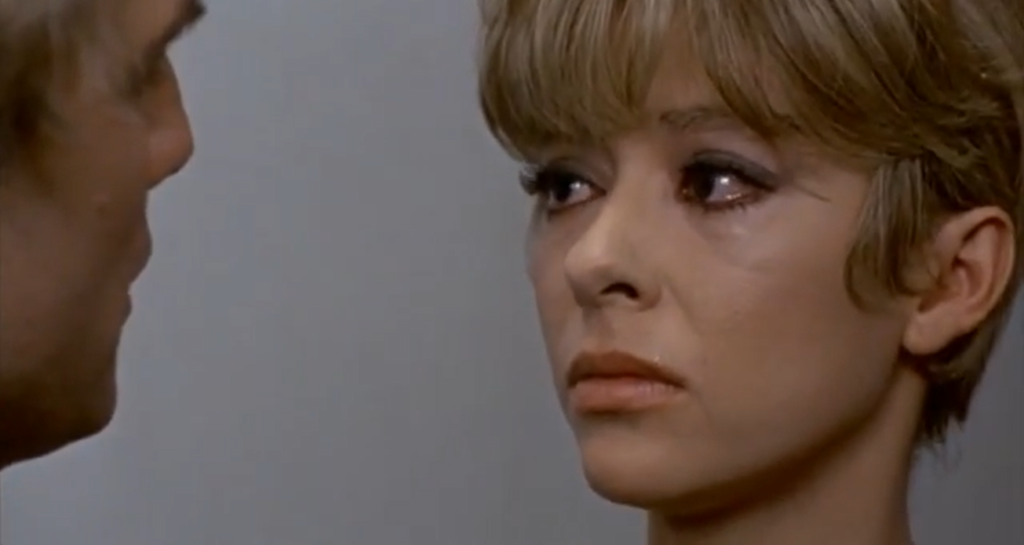
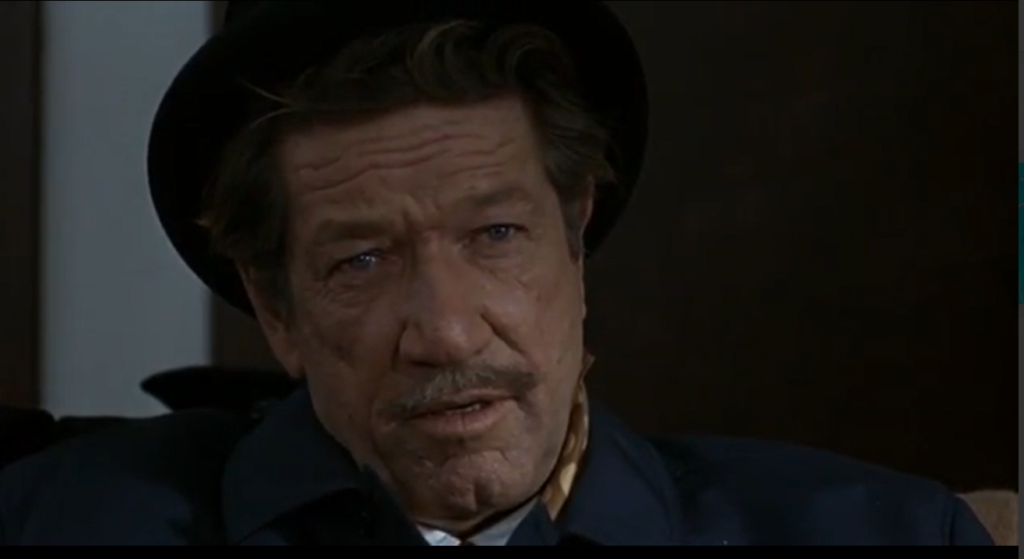
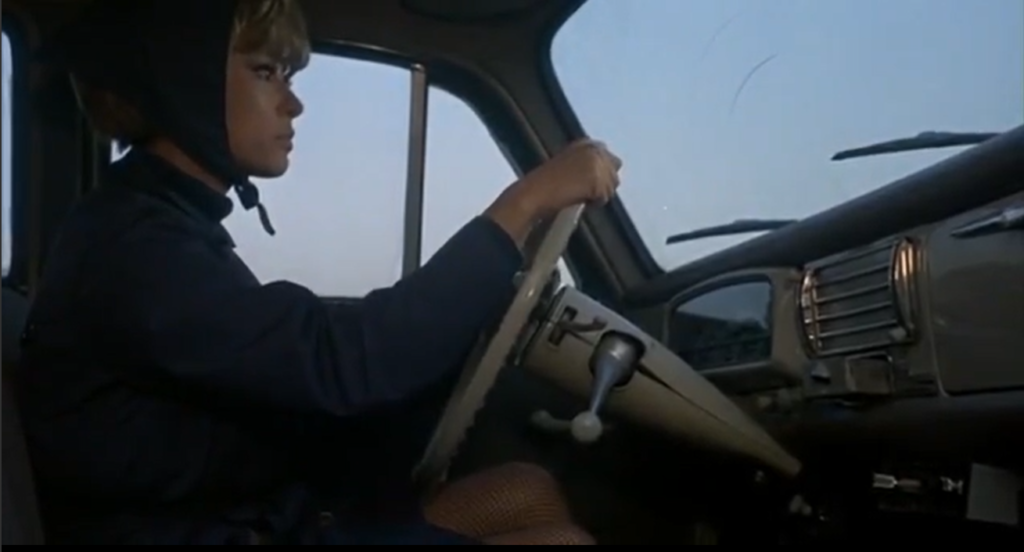
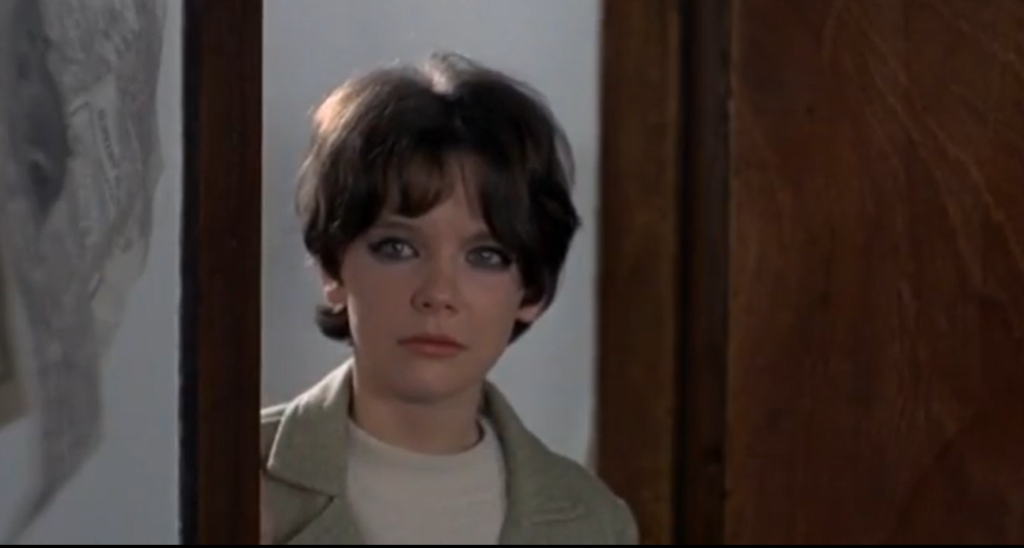
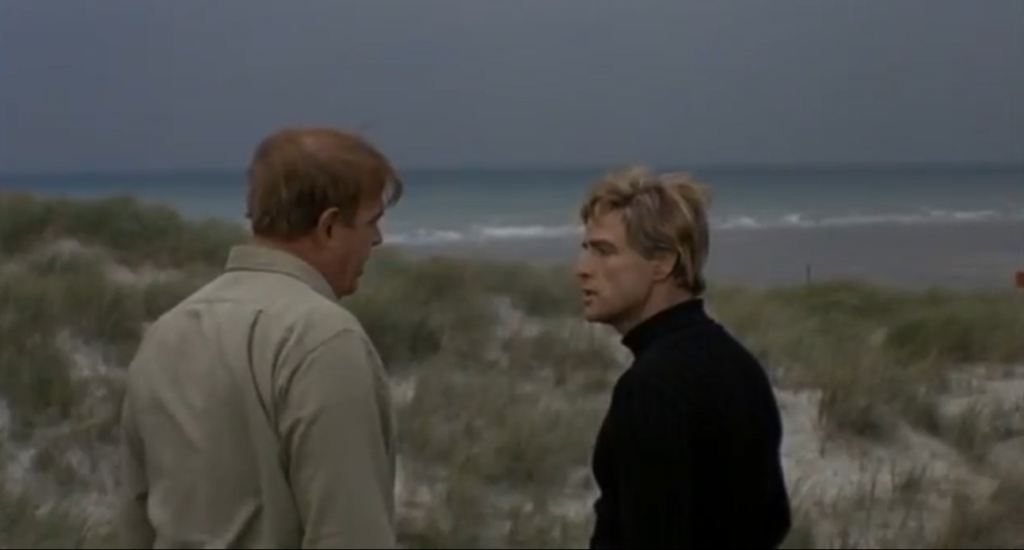
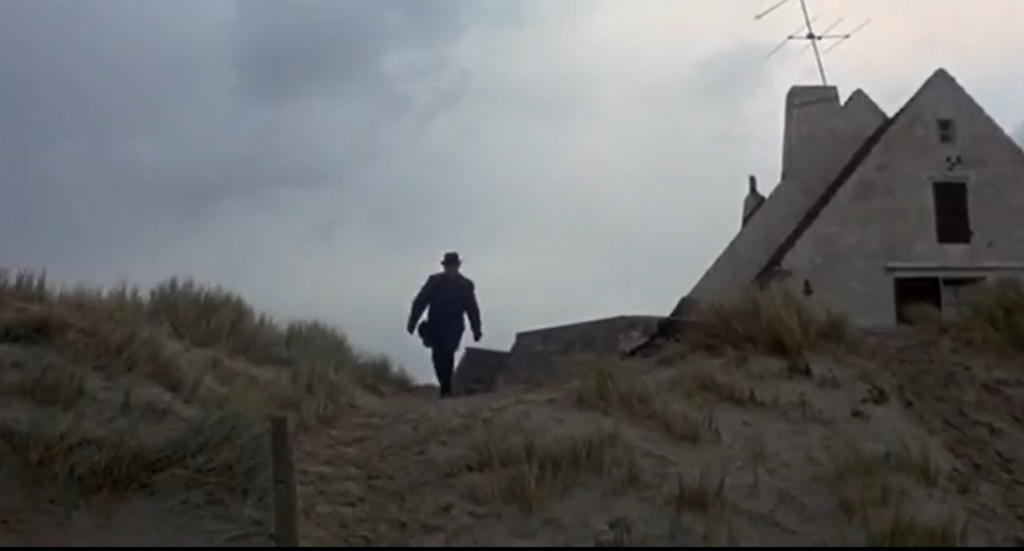
One thought on “Night of the Following Day, The (1969)”
(First viewing 10/11/21.) A once-must, as a satisfying cult flick. As posted in ‘Revival House of Camp & Cult’ (fb):
“Just think, Wally – tomorrow at this time, we’re gonna have exactly what we want. Everything we want.”
‘The Night of the Following Day’: Since I had just watched Rita Moreno’s current HBO doc ‘Rita Moreno: Just A Girl Who Decided To Go For It’, I followed-up by finally watching this surprisingly satisfying kidnapping caper, directed by Hubert Cornfield.
In a very compact 90+ minutes, the abduction of Pamela Franklin happens almost immediately. She is taken by the small gang of Marlon Brando, Moreno, Richard Boone and Jess Hahn. Franklin’s daddy is extremely rich and the ransom delivery is ingeniously plotted out to the smallest of seemingly endless fine details. The whole film hangs on ‘Will they get away with it?’ and concerns itself with nothing else.
The film seems to play out in almost real-time, that’s how it feels. It’s also quirky, stylish (with flawless cinematography) and there’s a very effective score by Stanley Myers that shifts in interesting ways. It’s actually rather hard to anticipate where this film will go from one minute to the next.
The last 15 minutes are a collective doozy.
In the HBO doc, Moreno talks about this film. She lets us know that, a number of years earlier, she and Brando had ended their long relationship and it did not end well. Then… out of the blue, he asked her to be in this film with him. Moreno points out a fight sequence between the two of them that went overboard when it was being shot – because it was becoming more than just a film fight: for Moreno, it pulled up submerged feelings of anger that she still had within her… and she *went for it* (while the director, loving how it was playing out, continued to shoot the scene).